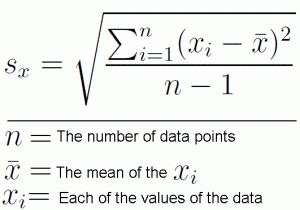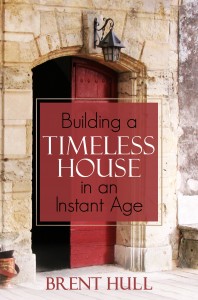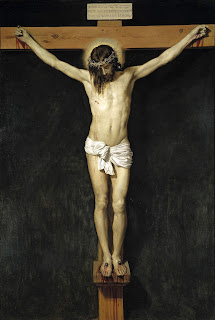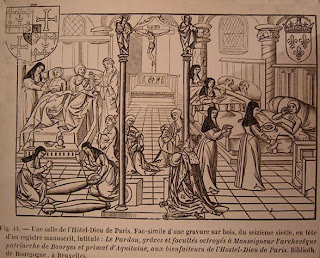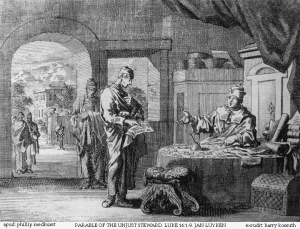To hear my blog post read aloud, just click the play button. If you’re reading this in an email, you may have to click here to hear the post on my site.
There are some days when it is easy to love.
I am able to surrender to the Spirit which causes peace to fill me up and overflow into the hearts of my daughters, my husband. I have the supernatural strength to stay calm in the midst of tantrums, kind in the midst of misunderstandings, and joyful in the midst of hurt.
Then there are days like today.
Days when something ugly wells up inside of me. Days when I want to be mean. Days when I feel resentful towards those I love best.
I hate these days.
What is this darkness, this nastiness that overwhelms me and threatens to spill out into the hearts of those I love?
My daughters cry to be held, fuss about wearing clothes, throw tantrums because school is hard, and my desire is not to comfort them but to scream like a crazed woman with fire in my eyes.
My husband makes an innocent comment and my desire is not to hear his loving intentions but to deliberately misunderstand and hiss a disparaging remark.
I intentionally fight against the changing of my mood. I want to savor, to wallow in my blackness.
I hate these days.
I get so tired of fighting this battle within me. I get so weary of fighting my very self. I long for the day when I finally look like Jesus, when my desire is to love rather than hate, when my heart is all light with no shadow at all.
As ugly as my heart can be, I am grateful that God refuses to give up on me. I am thankful that He does not save me and then leave me as I am. I am astounded that He is filling me up with Himself, crowding out the ugliness until there is nothing left but Beauty.
I try not to feel impatient.
Yet I know. I know. I know that I belong to Jesus. He gave Himself for me and therefore sin has lost its hold on me. I can hold on to that knowing even when I cannot feel it. Little by little, sin’s grasp is slipping away because Love has taken hold and nothing dark can hold on in the light of this fiercest Love.
As the recent hymn, In Christ Alone, says, “No power of hell, no scheme of man can ever pluck me from His hand; ‘till He returns or calls me home, here in the power of Christ I’ll stand.”
No scheme of man. Not even my own schemes. Nothing can separate me from Love Himself.
But this I call to mind, and therefore I have hope:
The steadfast love of the LORD never ceases; his mercies never come to an end;
They are new every morning; great is your faithfulness.
Amen.
edited from the archives




















